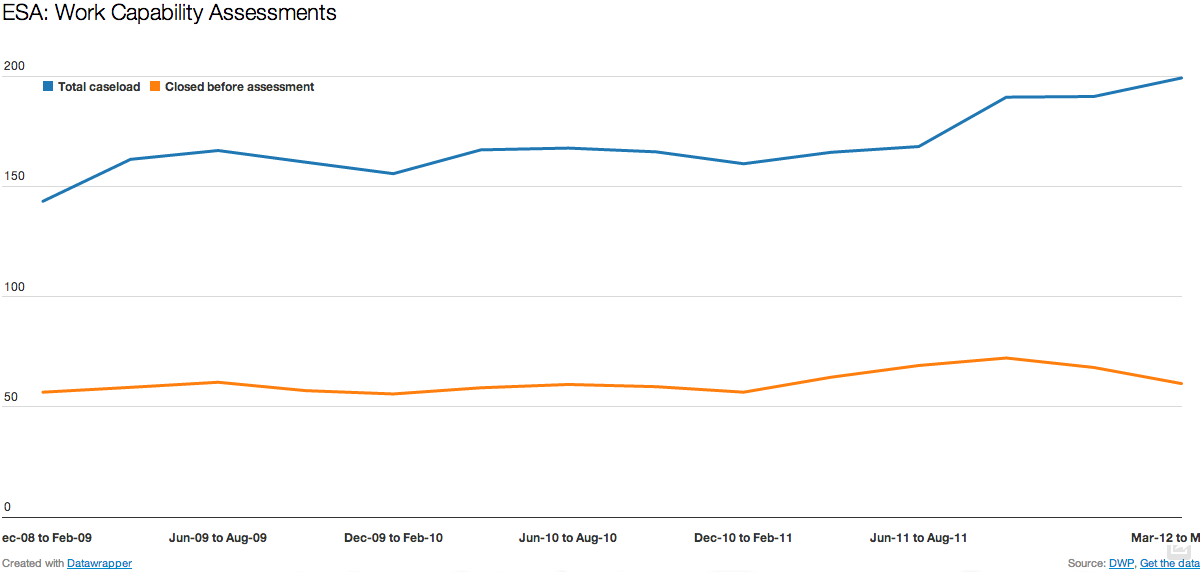Earlier this week we published our list of 19 places to follow welfare developments. In the first of a three-part series, we explain how to get your own list of useful feeds into one page, and share it with others.
Step 1: Use a ‘personalisable homepage’ news reader like Netvibes or Feedly
There are a number of services that allow you to follow multiple sources of news at the same time – often called ‘news readers’ or ‘RSS readers’. I used Netvibes for compile this list, because you can share those lists with other people, but you may have another preference (Feedly and Flipboard are also nice, but currently don’t have the same option). The video below is just one of many providing an introduction to Netvibes:
Follow the instructions above on creating an account with Netvibes and adding feeds.
If you want your feeds page to be seen by others
If you want your feeds to be public, however, you’ll need to enable the public dashboard first. To do this: Continue reading How to compile a news feed on welfare issues (or any other) – part 1: what’s going on?


